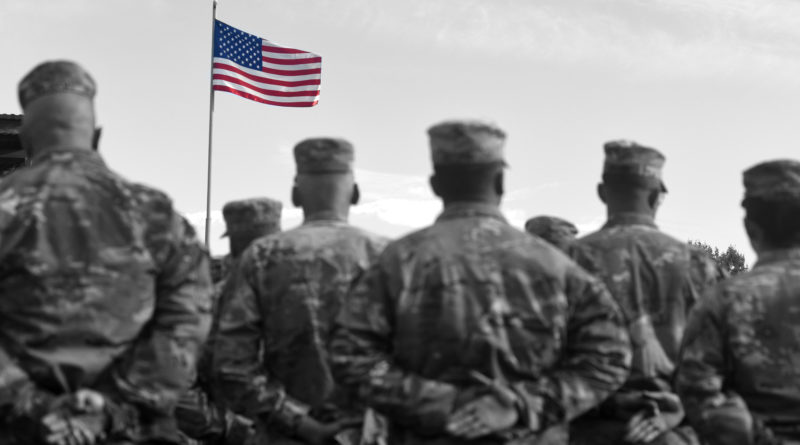What Is Veterans Day?
872 total views, 1 views today
Thanksgiving isn’t the only federal holiday celebrated in November. Government offices, schools, and more close annually on November 11 in honor of Veterans Day. Though the title of the holiday appears self-explanatory, the public nevertheless tends to slightly misunderstand Veterans Day – especially since it has some overlap with Memorial Day. Below, learn everything you need to know about Veterans Day, including the reality behind some common misconceptions.
The name “Veterans Day” has no apostrophes
At some point in your life, you’ve likely encountered “Veterans Day” misspelled as “Veterans’ Day” or “Veteran’s Day.” There is no apostrophe in the holiday’s name, even though this spelling mistake remains common. To remember that the title “Veterans Day” has no apostrophe, keep in mind that the holiday celebrates all veterans, not just one or a select few.
Veterans Day honors all veterans, but Memorial Day doesn’t
Although both Veterans Day and Memorial Day are known as important national holidays celebrating wartime sacrifices, the latter holiday is entirely focused on remembering fallen soldiers. Veterans Day, on the other hand, primarily celebrates the contributions of living veterans, though it does also include remembrances of soldiers who gave their lives fighting for the U.S.
Veterans Day is newly a century old
Last year’s Veterans Day marked the 100th anniversary of the holiday, though the occasion wasn’t always known by its current name. On November 11, 1918, the U.S. celebrated the inaugural Armistice Day to honor the conclusion of World War I. Armistice Day celebrated World War I veterans, but in 1954, following World War II and the Korean War, veterans service organizations petitioned Congress to expand the holiday to include military personnel involved in all wars. By the end of that year, Veterans Day had taken on the name it has today.
Veterans Day was briefly not a November 11 celebration
In 1968, Congress passed a law called the Uniform Monday Holiday Bill. This law led to the three-day weekends now associated with Memorial Day, President’s Day, and Columbus Day. When the bill was first put into effect in 1971, Veterans Day was also included alongside these holidays. Thus, the second Monday in November, rather than November 11, became Veterans Day. After poor public reception, President Gerald R. Ford returned Veterans Day to November 11 in 1978.
Today, the only case in which Veterans Day falls outside November 11 occurs when the holiday falls on a weekend. If November 11 is a Saturday, Veterans Day tends to be celebrated the Friday before. If November 11 is a Sunday, it tends to be celebrated the Monday after instead.
The U.S. isn’t alone on Veterans Day
Some other countries celebrate a limited version of Veterans Day on or around November 11. Canada, Australia, the U.K., and France all devote a holiday to commemorating veterans who served in World War I and World War II. In these countries, though, the holiday doesn’t honor veterans who fought in wars besides these.
How do you plan to celebrate Veterans Day? Sound off in the comments!

